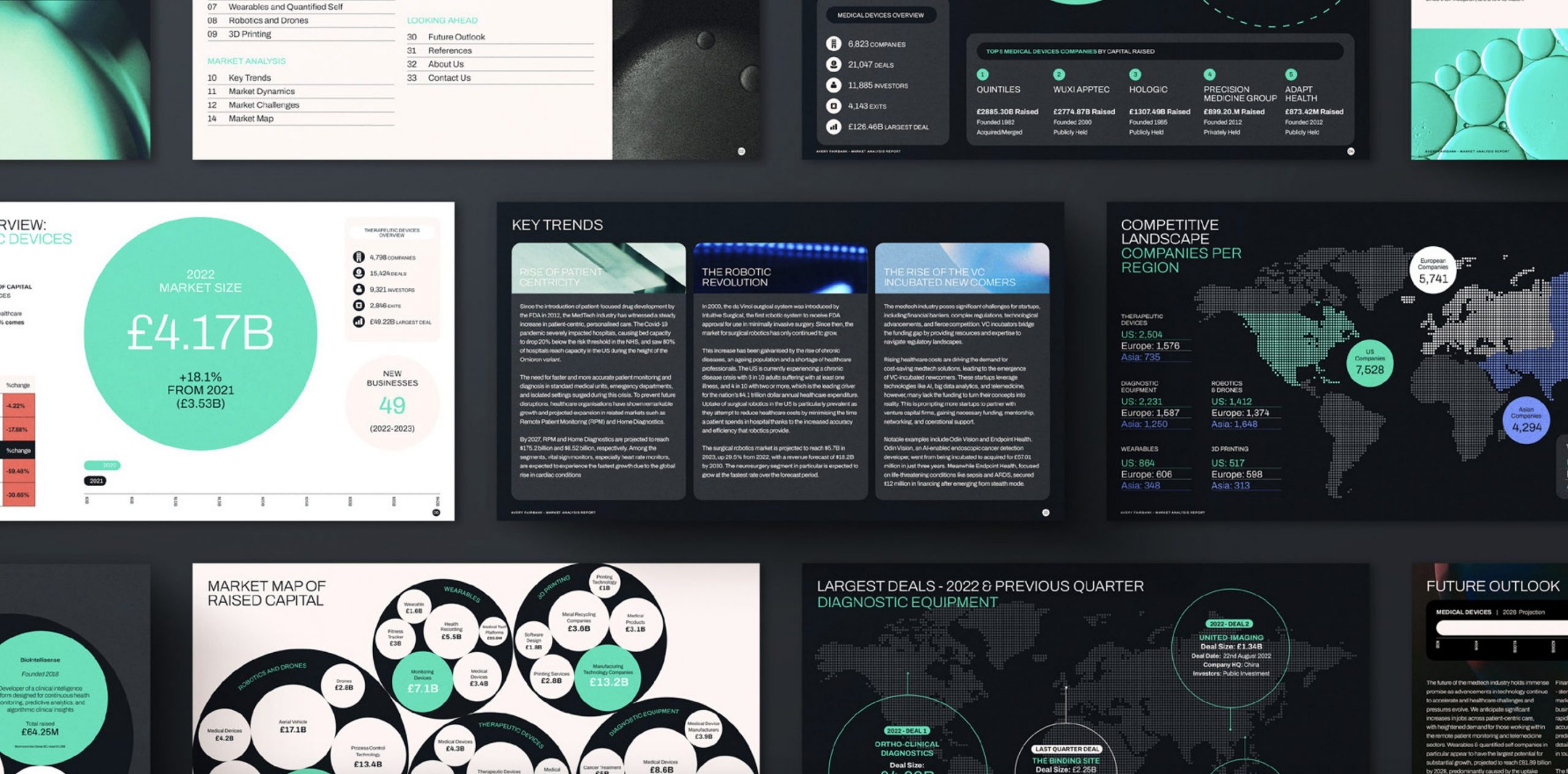November 29, 2023
Artificial Intelligence (AI) has rapidly emerged as a forefront technology, with platforms like OpenAI’s ChatGPT gaining immense popularity. This shift marks AI’s transition from a background role to a central one across various industries.
Today, every sector seeks AI capabilities to streamline processes and enhance outcomes. Data centres, in particular, are crucial in both supplying and benefiting from AI applications due to their significant computational power and data storage capacities. These centres, both existing and emerging, are pivotal in supporting our technology-driven world. However, the rising demand necessitates that data centres themselves adopt innovative technologies, including AI, to offer more effective, secure, and efficient services.
This blog delves into how AI is transforming the data centre industry, focusing on changes in operations, security enhancements, and resource management improvements brought about by AI and automation in data centres.
AI’s Role in Data Centre Operations
AI and machine learning excel at identifying patterns in data, which can be applied to automate and refine routine operations. This application of AI, known as predictive analytics, is increasingly being adopted in data centre management.
A significant number of data centre owners, about 57%, are now trusting AI models for operational decisions, a notable jump from previous years. AI-driven predictive analytics is particularly useful in optimising data centre cooling systems, crucial due to the immense heat generated by modern computing demands. For instance, Google’s adoption of AI for cooling has led to a 40% reduction in cooling costs.
Moreover, AI assists in minimising IT infrastructure inefficiencies. Through predictive analytics, data centre operators can optimise power distribution and rack space usage, leading to reduced operational expenses, better power usage effectiveness (PUE), and more informed decision-making based on data insights.
Optimising Resource Management
Modern companies are running highly demanding workloads on data centre infrastructure. Sticking with the ChatGPT example, a recent report has predicted that training and implementing generative AI models will cost $76 billion by 2028. This figure is more than double the annual cost of Amazon Web Services (AWS), the world’s largest public cloud provider.
What does this mean for data centres? To provide the power, storage and connectivity demanded by new and current tech, they must become more efficient in many areas. Some data centre service providers have already started.
Data centres can already use AI to improve workload management and allocation. These solutions can help use hardware and network services more efficiently, avoid downtime, and provide a consistently high level of service.
Predictive maintenance helps to ensure business continuity. AI algorithms can spot issues before they happen, drastically reducing downtime and hardware replacement costs. McKinsey estimates that combining predictive AI models with appropriate Internet of Things (IoT) devices has led to some companies reducing maintenance costs by up to a quarter.
Dynamic workload management also means an improved service. AI allocates computational tasks to the most efficient resources, lowering costs while providing the best possible customer experience.
Above all, AI helps data centre infrastructure perform to its maximum potential — benefitting both providers and end-users.
AI’s Role in Strengthening Data Centre Security
AI technology plays a crucial role in enhancing the security of data centres. As cyber threats continually evolve, traditional security measures may struggle to keep pace with learning and countering new threats efficiently. AI’s proactive capabilities are therefore essential in modern data centres for preemptive security management.
Key areas where AI enhances data centre security include:
Anomaly Detection: AI systems are adept at monitoring network traffic, system behaviour, and access logs to identify unusual patterns or activities. This capability allows for the early detection of potential security issues, enabling swift action to prevent any damage.
Proactive Security Approaches: Traditional security strategies tend to be reactive, addressing threats only after they have been identified. In contrast, AI allows data centres to forecast potential threats and vulnerabilities, enabling them to strengthen defences proactively and thwart potential cyber attacks.
Data Protection: Data centres can utilise AI algorithms to enhance the way data is processed, stored, and secured. This enhancement is vital for maintaining the uptime, reliability, and integrity of the data, ensuring it is protected both during transmission and while at rest.
Advancing into the Future of Data Centres
As AI continues to revolutionise various sectors, its trajectory shows an acceleration in innovation rather than a plateau. This trend necessitates that future data centres adapt and evolve to keep pace with advancing technology, ensuring they deliver services efficiently and effectively.
We can anticipate the next wave of data centres to be shaped by breakthroughs in advanced AI, quantum computing, and other nascent technologies. These developments are expected to enhance efficiency and introduce new capabilities.
However, as AI becomes integral to data centre operations, it raises valid concerns regarding transparency, accountability, and ethical use. Moreover, sustainability is set to become a pivotal factor in the evolution of data centre AI. Given the intensive resource demands of advanced CPUs and GPUs, which often require sophisticated liquid cooling systems to prevent hardware damage, data centre energy consumption is projected to rise by 12% by 2030.
Therefore, the adoption of AI in data centres is not just about keeping up with technological progress but also about evolving responsibly to meet these challenges. This approach will ensure data centres continue to serve as the hyper-scale digital backbone of the future, balancing technological advancement with ethical and sustainable practices.
Summary of AI’s Influence in Data Centres
Artificial Intelligence (AI) is revolutionising the data centre sector, bringing efficiency and enhanced security. Through predictive analytics, AI simplifies daily operations, optimises resource allocation, and bolsters security measures against evolving cyber threats.
Furthermore, AI contributes to effective resource management. Its ability to predict maintenance needs and manage workloads dynamically leads to notable savings, better service quality, and minimises the risk of downtime.
Moving forward, the integration of AI with upcoming technologies will continue to redefine data centres. Balancing innovative AI applications with ethical considerations, data centres are well-positioned to meet the advanced cloud service demands of future businesses.
We thrive at identifying excellent talent in the data centre industry at Avery Fairbank, keeping your organisation at the forefront of this quickly evolving field. Visit our website to learn more about how our executive search services might benefit your team. Please contact us for a unique consultation if you require recruitment solutions that are precisely tailored to the specific demands of the data centre business.

Published on 29-11-2023


